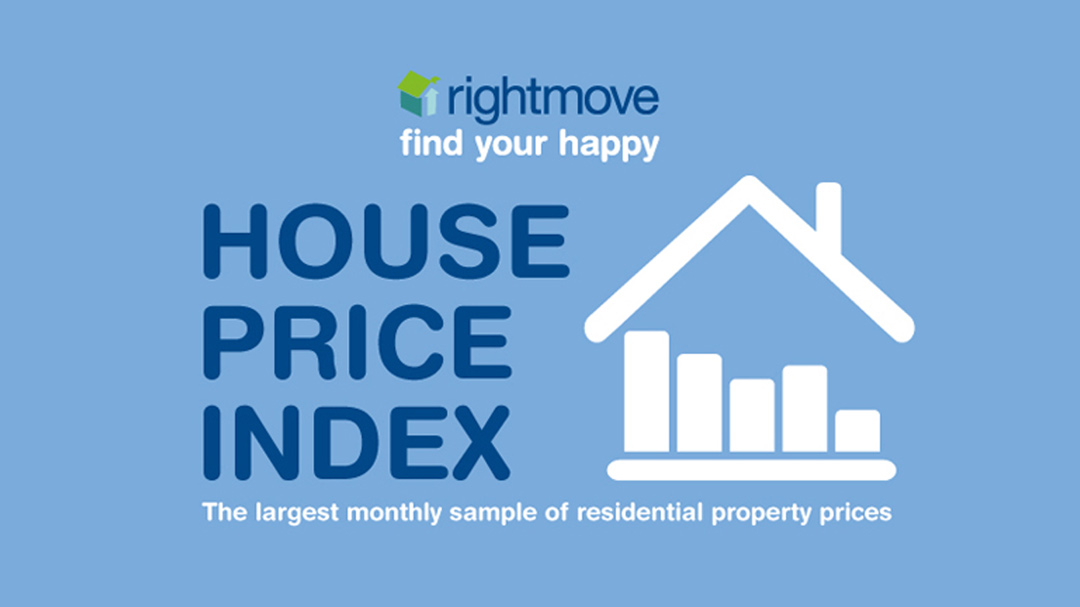Brexit & Mortgage Interest Relief
Twin Towers of Change: 2 factors shaping the future of opportunity and loss in the UK Property Market
Like two tectonic plates groaning and shifting against one another, 2 colossal forces are moving in the UK property market. For the uninformed investor this could prompt a knee-jerk cessation of all investment activities however, where there is change therein lies opportunity.
Brexit has sent shockwaves throughout the developed world causing turmoil (opportunity!) in the markets. At this stage (early July 2016) what has the actual impact been? Yesterday the GBP/ EUR pair hit a 31-year trough, falling 11% since the Brexit vote2. Those shorting the FTSE were lulled in to a false sense of victory as the index dropped 2% immediately upon LSE opening on the day of the Brexit announcement and then recovered to a week-high. Since then, the FTSE has topped 7% growth perhaps due to attracting foreign investors looking to take advantage of a favourable USD/ GBP exchange rates 3. UK Hedge Fund Manager rakes in £220 million betting on a successful Brexit whereas $2.08 trillion was wiped off global markets. The trend here is knee-jerk reaction, claiming followed by turmoil of uncertainty. This is true also in the property market, albeit slower.
Rhetoric is a terrible thing. Media and gossips can change the course of history, wreaking havoc through the spread of uncertainty. It's human nature. If one is over exposed on a position that suddenly becomes less stable is it not reasonable to panic? Of course, but let the facts talk. Keystone's position in the property investment space is such that we receive lots of questions and queries with regards to Brexit. The truth of the matter is that although well informed, no one actually knows what the impact has been or is going to be. As investors we cannot make fast reactive decisions that have only weak foundations.
Fundexpert.co.uk Managing Director Brian Dennehy comments,
This is nothing like 2008. The panic should pass as low interest rates and the cheaper pound will make commercial property more attractive (1). Examine the fundamentals: the UK still has an affordable property shortage and has done since the 1980s 5; in addition there is growing demand for commercial properties. As long as that is still true then there will be a residential rental market and an opportunity for landlords despite additional stringencies on lending due to hit landlords later this year. Maybe Brexit therefore isn't so big a worry as initially anticipated. Dennehy goes further stating,
"Events such as the US slowdown, Chinese debt and Italian banking crisis will become the main worry. Indeed this could even make UK property relatively attractive to global investors" 1.
Property offers two key income streams: yield and capital growth. London has been the astounding success story - poster-boy - for capital growth in recent years. Everyone has heard the urban legends of their "friend's, cousin's mate who bought a 1 bed ground floor studio in Clapham for £10 off a bloke in the pub and sold it for £500k three months later". Facetious? Yes, but you understand my point. Capital growth has been a successful strategy in some areas however Foxtons report a cooling of the London market in the wake of Brexit, something some investors had already anticipated 7. Contrastingly investors have increasingly been looking North for higher yield properties due to depressed pricing and a solid rental market that has remained stable for 20 years.
In the event that Brexit triggers a recession, on paper or in actuality, the cost of living will increase and markets will slow. Many property developers feel that the market will demand cheaper and higher quality housing; a combination that just doesn't work in today's single-family-let model. The answer? Professional HMO; Homes of Multiple Occupancy. A one-bedroom studio with en suite bathroom pod, living space, Wi-Fi, flat screen TV with a shared kitchen and laundry room in a nice part of town or the commuter belt. The urban lifestyle without the cost, professional HMOs are gathering a head of steam. Unlike traditional blue-collar HMOs, pro-HMO guests tend to be less transient and happy to sign contracts of up to a year. Is it a stopgap for them? Of course but it in today's age of short term relationships and career focus, mid 20s and 30 year olds are happy to lay down roots and start families later and later using HMOs to bridge the time period between home and home.
HMOs tend to be large units and are therefore often require significant cash injection plus leverage/ lending to source, fit and maintain, a fact that could skew cost/ benefit analysis. However, all is not lost for investors with mortgages as long as they adapt to the changing environment: Chancellor George Osborne was the subject of a foray of attacks from landlords after his 2015 emergency Budget for several reasons not least the Treasury's revelations re mortgage interest relief. As of April 2016 landlords will no longer be taxed entirely on profit but increasingly on turnover on a sliding scale of relief. As Property Geek6 rightly points out, landlords will not be taxed entirely on turnover and other costs of sale are eligible for relief however the government will be gradually reducing the amount of relief available for mortgage interest payments over 4 years until 2020 when there will be no relief at all for mortgage interest.
Why? There are plenty of explanations on the property forums from the plausible (stimulating house purchases, making BTL less attractive for part time investors etc.) to the "less" likely (Old Etonian Illuminati and other Government Conspiracies). It's likely that Osborne is attempting to stabilise the mixture of housing stock in order to flood the market with properties from tired landlords, depressing purchase prices and thus easing the housing crisis. That which is true for Brexit is true here: change is the mother of opportunity. If Osborne is successful in driving prices down, cash rich investors will have access to more motivated sellers who are under pressure from rising costs of leverage.
How do investors avoid becoming one of those tired landlords suffering from higher property costs? There are two potential solutions all investors could consider:
- Reduce the outstanding capital at a faster rate to offset the relief they'll lose over the next 4 years
- Increase the yield of their portfolio either with price increases or restructuring to allow for a greater number of tenants/ rooms in existing properties
Many Keystone investors are now considering pivoting their portfolios towards increasing their portfolio yield in line with the trends towards professional co-living properties in order to mitigate the risks associated with mortgage interest relief and market uncertainty. If you're considering making a change but would like to discuss how this could work for you, please get in touch by calling: 0845 224 0974
References:
- http://www.express.co.uk/finance/personalfinance/686724/Property-market-Brexit-effect-meltdown-short-term-fear
- http://www.telegraph.co.uk/business/2016/07/06/ftse-pound-brexit-asia-markets-turmoil-eu-referendum/
- https://uk.finance.yahoo.com/q/bc?s=GBPEUR=X&t=3m&l=on&z=l&q=l&c=%5EFTSE
- http://www.dailymail.co.uk/news/article-3659328/Brexit-buccaneer-rakes-220million-Hedge-fund-tycoon-declares-winner-betting-stock-value-falling.html
- https://www.parliament.uk/business/publications/research/key-issues-parliament-2015/social-protection/housing-supply/
- http://www.propertygeek.net/budget-2015-mortgage-interest-relief-changes-explained/
- http://www.telegraph.co.uk/business/2016/06/27/foxtons-issues-profit-warning-as-brexit-cools-london-housing-mar/






